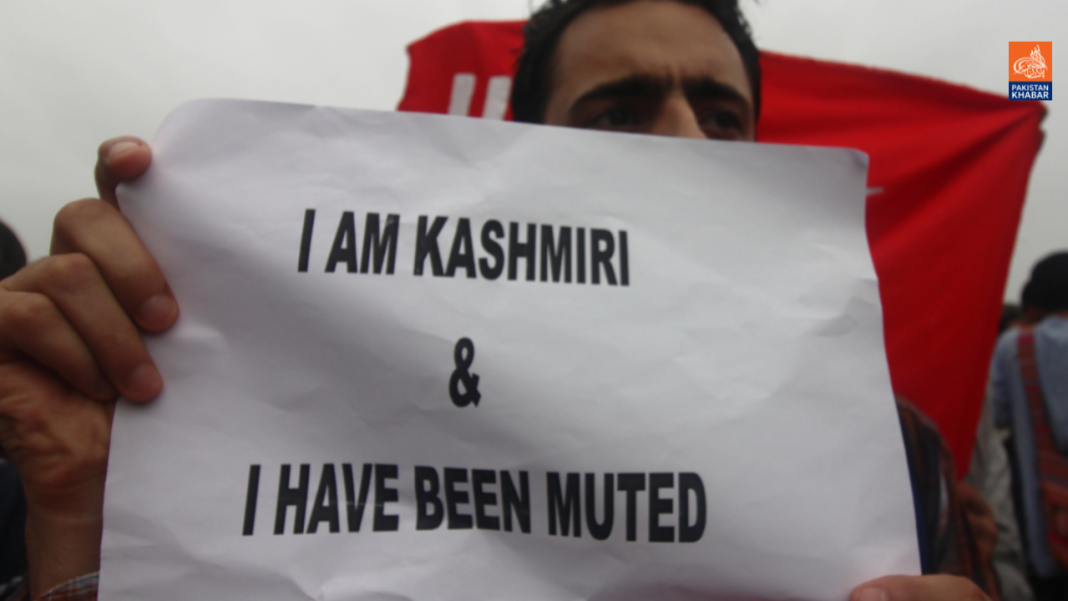Three-phase assembly elections began in Indian-administered Jammu and Kashmir on Wednesday, amid widespread reports of repression, with Amnesty International urging New Delhi to end the detentions of dissenters.
“Indian authorities must cease using restrictive travel bans and arbitrary detentions under the country’s strict anti-terror laws to silence critical voices on Jammu and Kashmir,” Amnesty stated, ahead of the region’s first elections in a decade.
These elections are also the first since the Modi government revoked the region’s special constitutional status in 2019.
“The growing repression of human rights since the repeal of Jammu and Kashmir’s special status has led to arbitrary detentions,” Amnesty said.
The organization highlighted instances of revoked passports, secret “no-fly lists,” denial of entry into India, and cancellations of Overseas Citizenship of India status for individuals criticizing the repression.
“Anyone who dares to speak out—whether criticizing the government or defending human rights—faces restrictions on freedom of expression and association and cannot move freely within or outside the country,” said Aakar Patel, Amnesty India’s board chair.
Amnesty also emphasized that since the abrogation of Article 370 in 2019, “at least five individuals have been prevented from traveling abroad or entering India, despite holding valid travel documents.”
The Indian government continues to misuse laws such as the Public Safety Act (PSA) and Unlawful Activities (Prevention) Act (UAPA) to conduct arbitrary detentions.
Confiscated Passports
Amnesty documented two cases of passport revocation and one case of delayed issuance for critics.
Masrat Zahra, a Kashmiri photojournalist, had her passport revoked while studying in the US. “I’m stuck in limbo—I can’t leave the US or return to India, and I’ve had to censor my views online,” she said.
Waheed Para, a political leader from the Jammu & Kashmir People’s Democratic Party (PDP), had his passport revoked in 2023, just before traveling to the US for a fellowship, after being accused of being a “state security threat.”
British-Indian professor of politics, Nitasha Kaul, who has testified on the human rights situation in Kashmir before the US House Committee on Foreign Affairs, was denied entry to India on February 23, despite holding a UK passport.
In June, Indian authorities arrested Mian Abdul Qayoom, ex-president of the Jammu & Kashmir Bar Association, for criticizing human rights violations and the abrogation of Article 370. Three more lawyers were arrested in July 2024.
According to data from India’s National Crime Record Bureau, nearly 37% of UAPA cases in India were filed in Jammu & Kashmir.
Khurram Parvez, from the Jammu & Kashmir Coalition of Civil Society, and journalist Irfan Mehraj have been in detention since 2021 and 2023, respectively.
Additionally, the lieutenant governor of Jammu and Kashmir now holds absolute control over governance, including oversight of local officials, prisons, prosecution, and law offices.
“The first step towards ending repression in Jammu and Kashmir is to release all those detained under the PSA and UAPA for exercising their right to free expression,” said Aakar Patel.




